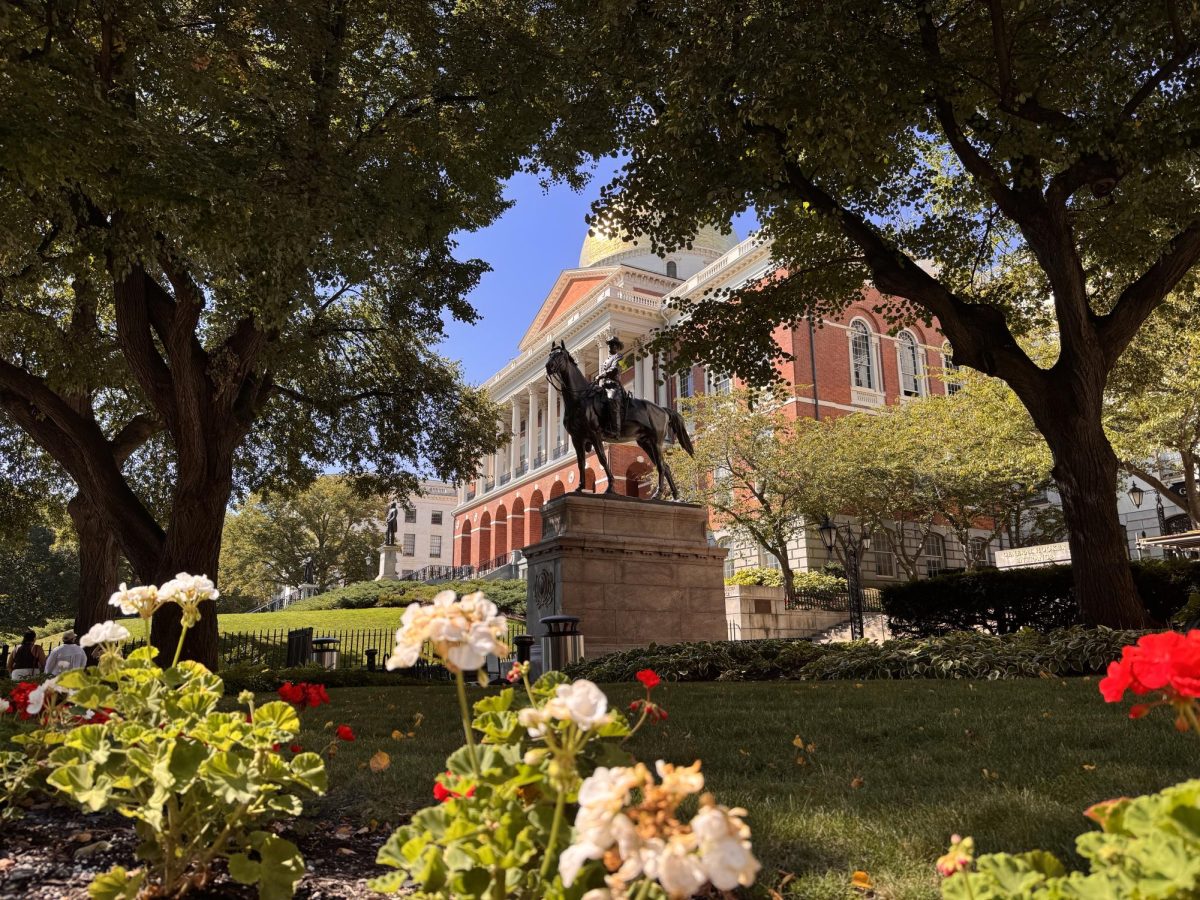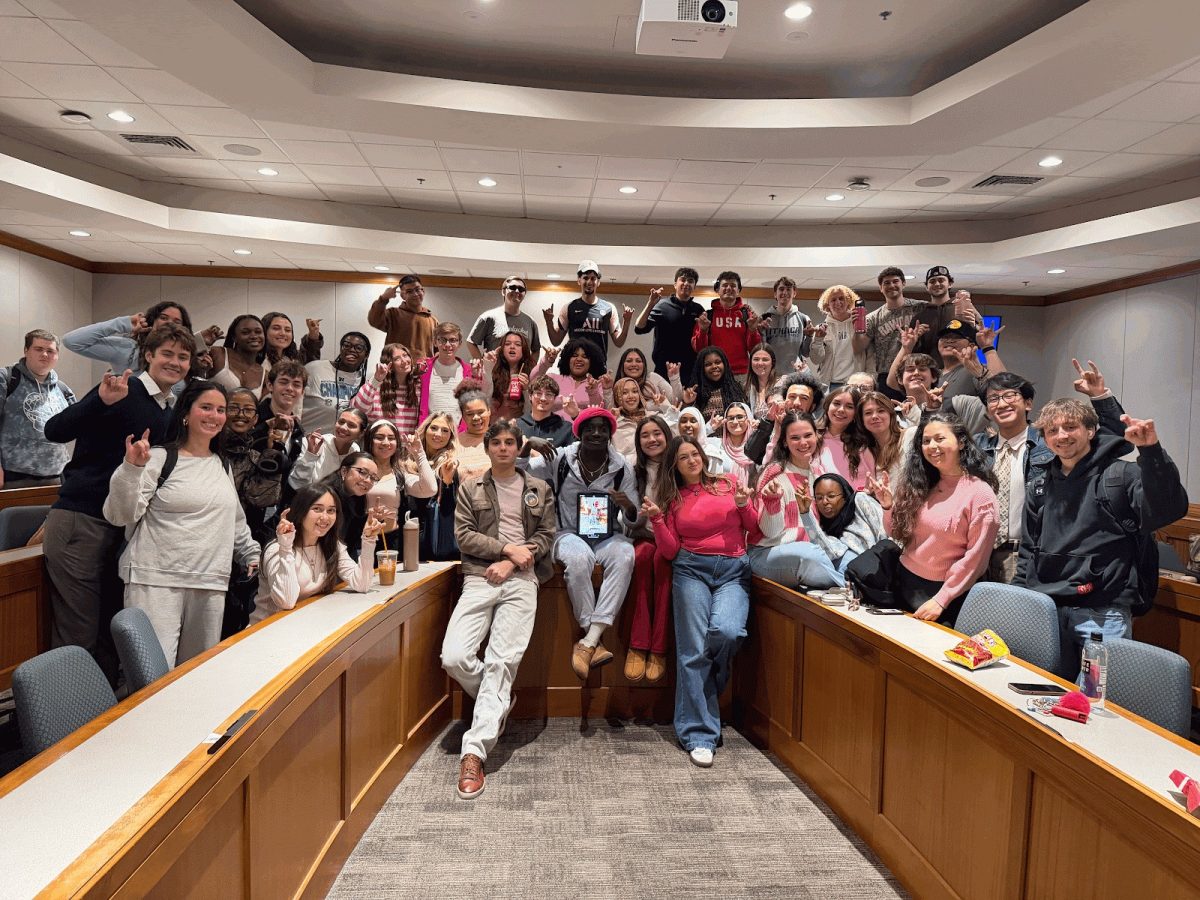By Molly Hubert
A special commission’s draft report on the possibility of Boston hosting the 2024 Summer Olympics suggests that the city could feasibly host the Games, but would face difficulties in finding space for many events.
Joe Lussier, a junior finance and marketing major at Suffolk, agrees that such an undertaking must be approached with great vigilance.
“In order to be able to host the games, improvements to the public transportation system would need to be made, and the development of infrastructure that wouldn’t otherwise happen would be mandatory,” Lussier said.
The report, released last Friday, said that Boston has the necessary security expertise, hotel rooms, and cultural prestige to be considered for the Games. Massachusetts is already home to nine baseball parks, five major basketball arenas, 14 soccer stadiums, two horse tracks, and 20 track and field venues. However, an 80,000-seat Olympic Stadium and Olympic Village, with 16,500 beds and a 5,000-seat dining hall, would need to be built. This infrastructure is traditionally located in the center of the city, which, in Boston, is incredibly dense.

Current Treasurer and Presidential Candidate of Suffolk’s Student Government Association Tyler LeBlanc sees significant potential gain from the Olympics for the whole city, and maybe even the University specifically.
“In my opinion, the Olympics would help the city of Boston,” LeBlanc said. “It would create thousands of jobs and further grow the infrastructure of our state. If it is done properly, there would be new empty space after the events that could be bought up by universities like Suffolk. This is actually an idea the special commission has talked about if they were to build all of the needed space.”
Chief executive of Suffolk Construction and leader of the Special Commission Relative to the feasibility of Hosting the Summer Olympics in the Commonwealth, John Fish said in an interview with the Boston Globe last week that he was encouraged by the potential opportunities that can come from hosting such an event, but “the next question needs to be asked: is this in our best interests socially, politically, and economically?”
Lussier believes the game would boost “business and economy of the city for a time. However, based on previous trends of cities that have held Olympic games, assuming that this would have a long-lasting positive effect on the economy of the city is not necessarily valid.”
An 11-member commission, created by Governor Deval Patrick and the state Legislature, suggested in their report that the Olympics could serve as a “powerful catalyst” for many of the cities projects, particularly public transit and improving lack of housing for middle-income workers.
The report, which did not include an estimated cost for hosting the Games, also referred to past locations such as Beijing and Athens that have spent a great deal to bring the Olympics to their city in hopes of boosting national pride, only to later struggle financially and be left with idle venues. Sochi spent a record $51 billion on this year’s Winter Games, with many experts doubting the likelihood of that money ever being recovered.
Some Bostonians have gone as far as to form an opposition group called “No Boston Olympics,” who argue that the city should not base its future around requirements made by the International Olympic Committee in order to host the Games.
The special 11-person commission ultimately “encourages a continued discussion on hosting the Olympics,” as written in the report. Officials from the United States Olympic Committee have already visited Boston to discuss why it would be a good fit for the 2024 Summer Games. The USOC is expected to decide on a formal bid to the IOC by 2015. Other top contending cities include Dallas, Los Angeles, San Diego, and Washington.












